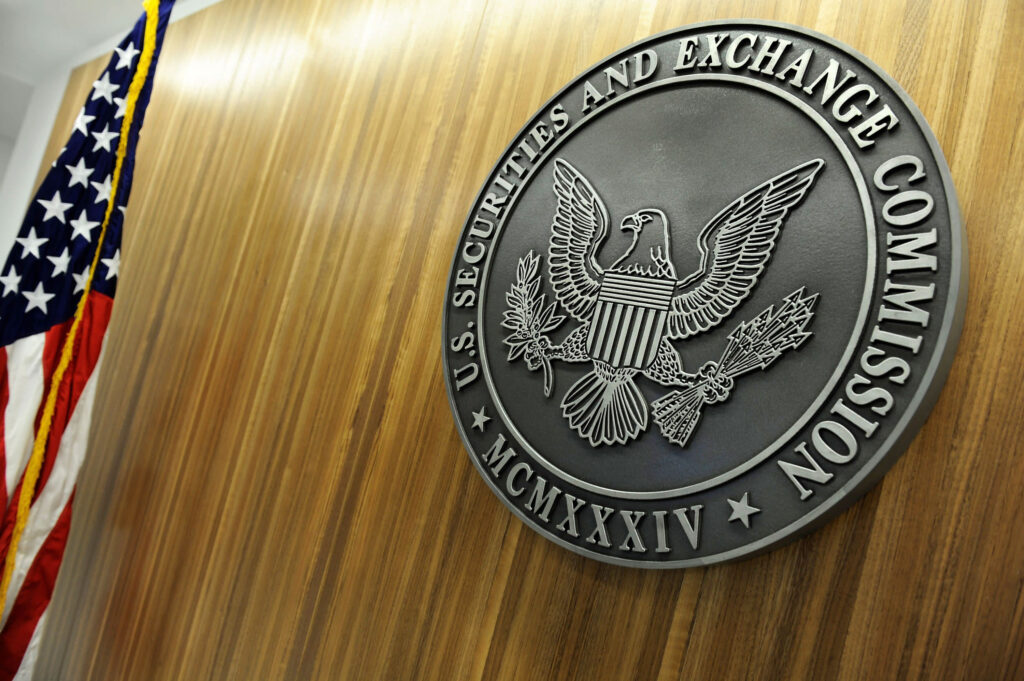The US Fifth Circuit Court invalidated SEC rules requiring quarterly fee disclosures by hedge funds and private equity firms, a setback for SEC’s transparency efforts.

The SEC’s regulations requiring hedge funds and private equity firms to disclose quarterly fees and expenses were invalidated by the US Fifth Circuit Court of Appeals in New Orleans in a ruling.
This decision represents a significant setback for the Securities and Exchange Commission, which has been advocating for greater transparency in the private funds sector.
The court concurred with the industry groups’ contention that the SEC had exceeded its regulatory authority.
The American Investment Council and the Managed Funds Association, among other industry representatives, filed a lawsuit shortly after the regulations were implemented in August, asserting that they would significantly alter the supervision of private funds in the United States.
They contended that the regulations that were implemented were superfluous due to the sophisticated character of private equity investors. Additionally, these organizations contended that such investors would not allocate capital to a sector that they believed necessitated a governmental reform.
Additionally, the ruling underscored the persistent conflict between industry practices and regulatory initiatives. The notion that the 2010 Dodd-Frank Act did not validate the SEC’s expansive approach was endorsed by the judges, two of whom were appointed by former President Donald Trump and one by George W. Bush.
The industry groups were represented by Eugene Scalia, the former Labor Secretary of the Trump administration and the son of the late Supreme Court Justice Antonin Scalia. Scalia emphasized the necessity of regulatory restraint in markets that are controlled by knowledgeable investors.
The SEC is currently confronted with several legal obstacles, which this court decision serves to exacerbate. The SEC faced a setback in the Debt Box lawsuit recently, as a U.S. district court sanctioned the agency for what it termed a flagrant abuse of power.
XRP, the cryptocurrency in question, was not classified as a security by Judge Analisa Torres, who ruled that it does not satisfy the criteria of an investment contract. This decision follows another loss in the ongoing Ripple Vs. SEC case.
The SEC’s strategies under Chair Gary Gensler have been the subject of broader scrutiny, as evidenced by these legal defeats. Gensler has been known for his proactive regulatory approach to private funds and other sectors during his tenure.
At the time of writing, the agency had not responded to inquiries regarding the recent court ruling. Nevertheless, it has previously defended its regulations as a necessary and balanced measure to safeguard investors and guarantee equitable market practices.
